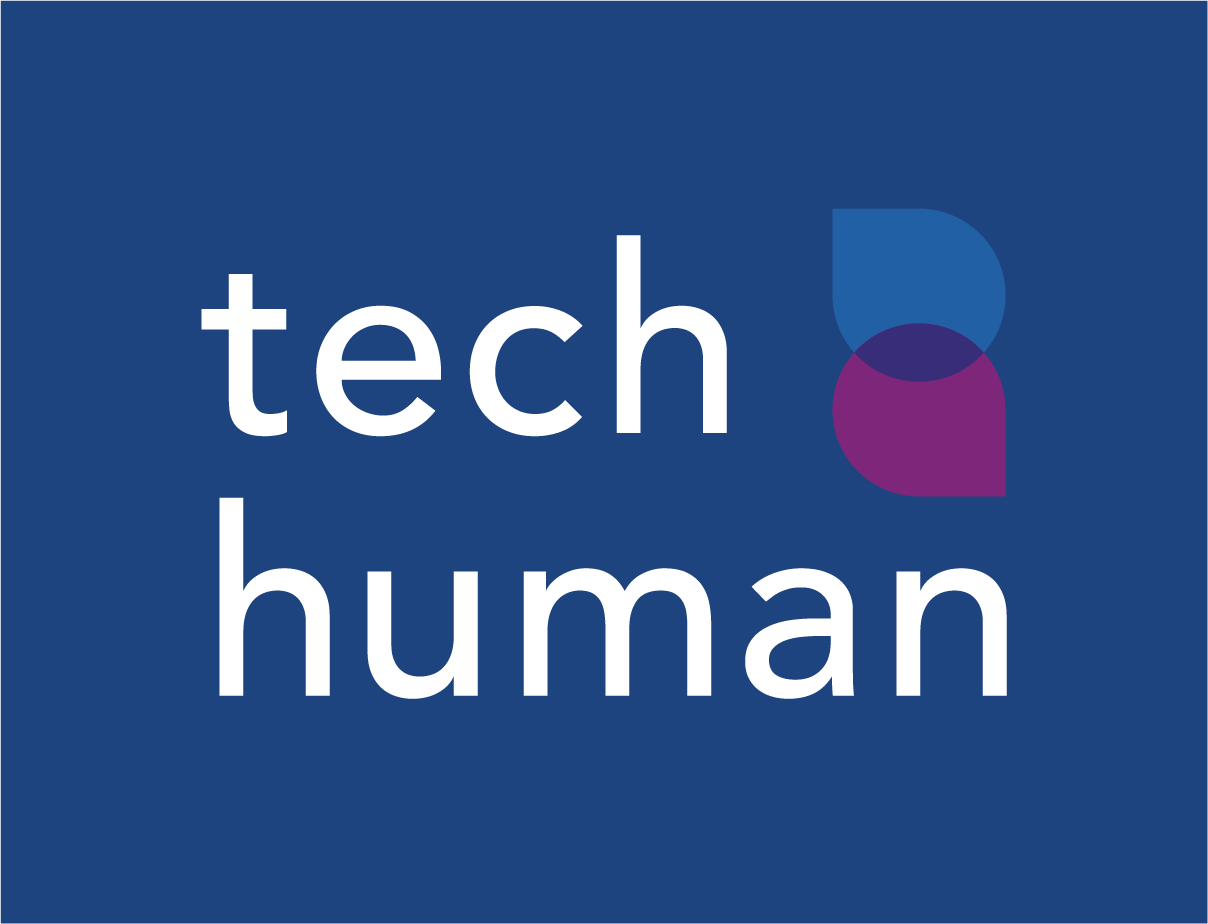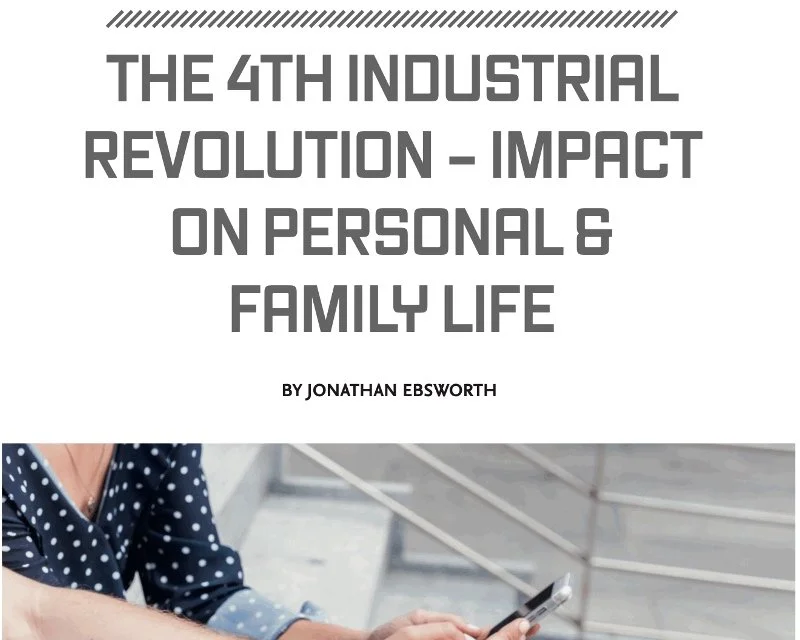Here are the blogs, articles and book reviews focused on issues relevant to family thriving.
Blogs
Children and young people in the UK are growing up in a world which is radically different than any previous generation. They have easy access to ‘always-on’ nearly pervasive technology that they can carry around with them. They use technology at school, at home and in their social lives. We see toddlers confidently operating tablets and smartphones.
Collectively, we have been talking with a wide range of specialists across many disciplines. There is massive interest in these issues. In some areas we have found unquestioning enthusiasm, in other areas quiet concern. Some people we speak with are frightened at the scale and pace of change.
We are in the relatively early stages of a global ‘Digital Revolution’. Technology is driving unprecedented changes across most aspects of life and work. The pace and scale of that change is accelerating relentlessly. The combination of always-connected devices, Big Data and Artificial Intelligence (AI) are combining to change human life irreversibly.
Articles
ChatGPT has been creating quite the buzz ever since its launch in November 2022. Until recently, the massive developments in the world of AI were hidden under the cover of academic institutions or digital frontends of AI powered apps. With the advent of generative AI powered tools like mid journey for image generation or ChatGPT for text generation, the developments in this field have been exposed to the public. The newfound ability of the public to interact with these models using text prompts has dazzled them into an unprecedented realization just how far the field has progressed.
In this article, I explore the impact of Fourth Industrial Revolution technology on our relationships – with one another, those we love and with God
The Robot Will See You Now offers arresting insights into the role of AI in areas such as health care, employment, security, the arts and intimate relationships, and delves deep into cultural and theological issues. With experts considering how AI is perceived - and its impact on how we interact with one another - this enthralling book will benefit Christians who want to understand and prepare for the opportunities and challenges ahead.
The failure of the public examinations grade awards across the UK in 2020 offers a compelling case-study in the risks of large-scale public application of algorithms to decision-making (or recommendation). I believe this demonstrates clearly the need for robust, independent review and certification of algorithms prior to live use – with focus on the impact of recommendations/decisions on individuals who are the subjects of these tools.
Book Reviews
The Australian Glen Scrivener opens; “Goldfish don’t see water. Goldfish see what’s in the water, they see what’s refracted through the water, but I assume (yes, assume – I haven’t done the proper investigations) that goldfish don’t see the water itself. And yet there it is. It’s their environment. Universal but invisible. It shapes everything they do and everything they see. But they don’t see it” .
His argument is simple – the same stands for us. As Westerners, we take many of the founding principles of our society for granted. We live in a peculiar culture – utterly different to the classical world of ancient times, different to undemocratic nations, different to theocracies as well. Why? Because our cultural norms are founded on distinctly Christian values.
Andy Crouch’s “The Tech-Wise Family” was a major inspiration for the family’s section of the TechHuman initiative. We were most interested to see what Amy Crouch (Andy’s daughter) was going to say about her experiences growing up in a ‘Tech-Wise Family’.
Andy began the book by inviting us to “take hold of the life that is truly life”. To do that: to celebrate, to feast, to love then this is invariably best done in community, in relationship with other living human beings. It is only there that we can fully celebrate our triumphs, completely share in our sorrows, and find true encouragement from one another. It is in community and in family that we can be loved, accepted, and known. Digital technology offers a semblance of ‘comfort’ and ‘connection’ on a very grand scale; yet the reality it turns out to be a pale shadow of the real thing.
Esther Meek suggests that our first knowledge as human beings is the knowledge of being loved – in the wombs, at the breast, in the embraces of our mothers. This first knowledge, she suggests, is paradigmatic for all of our knowing. To know follows being known; being known is woven into being loved…this can shape our whole epistemology as scholars – shaping our understanding of knowing as a human being in all of life.
“You don’t have to know everything about every app and device to mentor your children. But you do need to be in the conversation. If you’re not a part of their world, you can’t influence their world.”
Catherine Steiner-Adair is trying to help families turn technology into an ally for closeness, creativity and community. This takes some clear thinking and commitment. “But it [our society] is halfway towards forgetting that children need childhood. Those who insist on remembering shall perform a noble service.” *
The Author recommends that parents ask themselves, “What values do I want my children to end up with as adults, and am I living the lifestyle and teaching the lessons that embody these values?”
Adam Alter is a psychologist and writer, currently based at New York University’s Stern School of Business. His academic research focuses on social psychology, judgment and decision-making, with an interest in the effects that subtle cues in the environment can have on human cognition and behaviour.
‘Irresistible’ is broken into three sections:
1. what is ‘behavioural addiction’?
2. ingredients of behavioural addiction; and
3. some possible solutions.
If you want to understand why so many smartphone applications seem to be ‘addictive’ – this book explains, with devastating simplicity how it is done. Nir Eyal graduated from Stanford University Business School. Eyal researched what was happening empirically and from that he identified a core pattern that seemed to underpin all ‘successful’ solutions of this type, which he described and called the ‘Hook Model’
When you pick up this little book, with its bright red cover it seems quite innocuous. It’s only just over four hours as an audiobook. I expect that it will provoke strong responses in many readers with its challenging, personal examination of the potential impact of technology on family life, and how you might go about keeping it in its proper place.
Sherry Turkle has an important and influential voice in current debates about interactions between humans and machines. She trained as a psychoanalyst and joined the MIT computer science department in the 1970’s, working with the celebrated computer pioneer Joseph Weizenbaum.



















